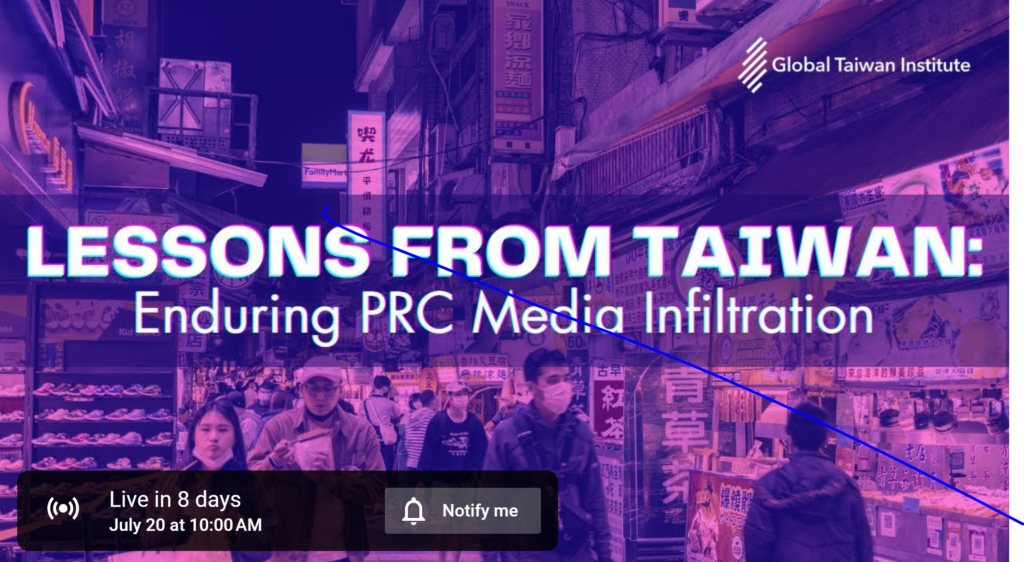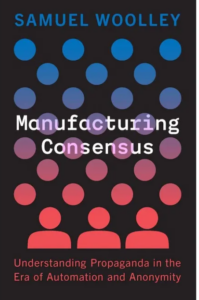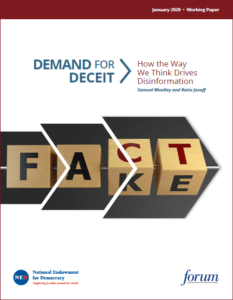
The world’s autocrats continue to bend social media to their will, according to the author of “Manufacturing Consensus: Understanding Propaganda in the Era of Automation and Anonymity.”
Despots have made use of highly organized state-sponsored trolling outfits to quash dissent. Some, like Cambodia’s Hun Sen, have also hired their kids to run them. In Brazil, Jair Bolsonaro’s Office of Hate, run by his sons, used social media to defame journalists and threaten opposition, he writes for The Times. Recep Tayyip Erdogan, the autocrat recently re-elected as president of Turkey, benefited greatly from organized troll armies operating on Twitter [and] the increasingly tyrannical regimes of Thailand, the Philippines and Myanmar have all deployed cyber-troops to do their oppressive bidding.
 If Meta, Alphabet and other tech firms do not take swift action to curb state-sponsored trolling, and if policymakers and civil society groups in the United States and other democracies don’t put more pressure on authoritarians like Hun Sen, then Cambodians and many others around the world will lose one of their last means of fighting back. We must speak out about the oppression surrounding the Cambodian election, which takes place on July 23 — and speak out about digital injustice, adds Woolley, co-author of Demand for Deceit: How the Way We Think Drives Disinformation, a working paper produced by the NED’s International Forum for Democratic Studies.
If Meta, Alphabet and other tech firms do not take swift action to curb state-sponsored trolling, and if policymakers and civil society groups in the United States and other democracies don’t put more pressure on authoritarians like Hun Sen, then Cambodians and many others around the world will lose one of their last means of fighting back. We must speak out about the oppression surrounding the Cambodian election, which takes place on July 23 — and speak out about digital injustice, adds Woolley, co-author of Demand for Deceit: How the Way We Think Drives Disinformation, a working paper produced by the NED’s International Forum for Democratic Studies.
Woolley views the use of bots in digital propaganda as democratizing even while it is antidemocratic, Democracy Paradox observes. Digital tools provide opportunities for authoritarians to shape civil society, and yet ….
No longer are state actors the only source of political propaganda. Bots allow individuals without any state affiliation to amplify their own ideas to shape political narratives. Indeed, many people propagating fake news are not Russian operatives, but simply people with radical political biases. Still, the way those views get amplified so some voices count more than others is intrinsically antidemocratic.
 Taiwan has one of the most vibrant and competitive mass media environments in Asia. Countless online publications—as well as 18 privately owned 24-hour news channels—bring constant updates and stories to a hungry domestic audience. Yet, the landscape is littered with concealed Chinese influence, the Global Taiwan Institute observes:
Taiwan has one of the most vibrant and competitive mass media environments in Asia. Countless online publications—as well as 18 privately owned 24-hour news channels—bring constant updates and stories to a hungry domestic audience. Yet, the landscape is littered with concealed Chinese influence, the Global Taiwan Institute observes:
As Beijing expands its influence efforts across the globe, it is more crucial than ever to draw lessons from the experience of its priority target. How does China conduct media influence campaigns in Taiwan, and how effective have they been? What are people doing—and what can be done—to counter them? What are the implications for the United States and the international community?
A forthcoming seminar will discuss the situation, vulnerabilities, and strengths of a Taiwanese media sector facing comprehensive infiltration attempts by the PRC, as well as what Taiwan’s experience implies for United States policy.
 Panelists will include: Shu-ling Ko (right), a Reagan-Fascell Democracy Fellow at the National Endowment for Democracy (NED), where she is analyzing Taiwan’s management of COVID-19, Amber Lin (Georgetown), Rita Cheng (Radio Free Asia), and Kevin Sheives (the National Endowment for Democracy’s International Forum). The event will be moderated by GTI Summer Fellow Jonah Landsman, and is organized by the Global Taiwan Institute.
Panelists will include: Shu-ling Ko (right), a Reagan-Fascell Democracy Fellow at the National Endowment for Democracy (NED), where she is analyzing Taiwan’s management of COVID-19, Amber Lin (Georgetown), Rita Cheng (Radio Free Asia), and Kevin Sheives (the National Endowment for Democracy’s International Forum). The event will be moderated by GTI Summer Fellow Jonah Landsman, and is organized by the Global Taiwan Institute.
Thursday, July 20, 2023 from 10:00 AM – 11:30 AM (ET), 1836 Jefferson Place NW, Washington, DC 20036. In-Person (RSVP here) and Webcast.







